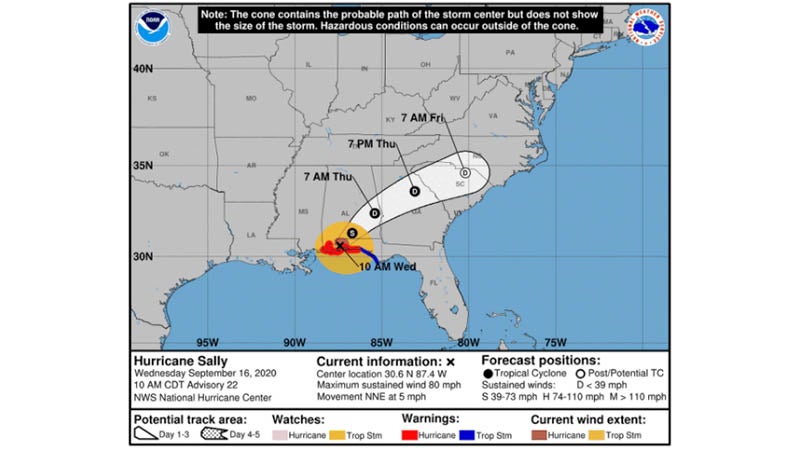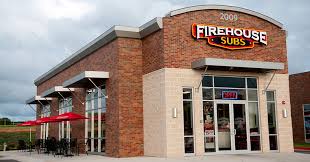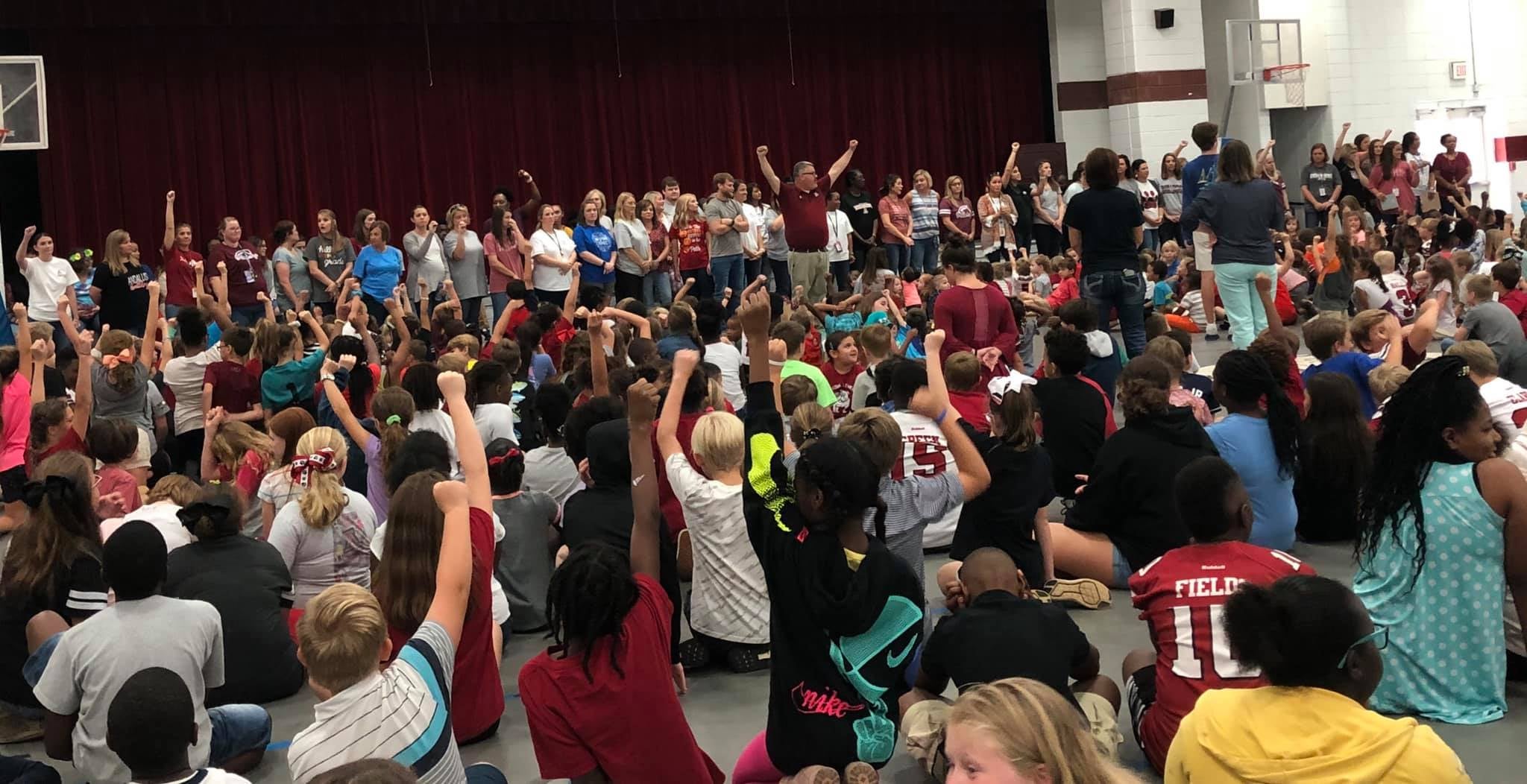Andalusia’s Biggs tapped as first 2016 Cancer Freeze recipient
Published 12:00 am Saturday, November 7, 2015
One of Andalusia’s own battling terminal metastatic colon cancer has been named the first of this year’s Cancer Freeze recipients.
Organizer Jennifer Davidson said this week that Jeffery Biggs was named the first of the recipients for the 10th year of the annual event begun in 2007 in memory of family and friends who have passed away from cancer.
Davidson said the recipients will be announced once a week until all are announced.
Proceeds from the day’s events, which usually include a 5K, water events, an auction and more, are split among the beneficiaries selected from the area.
The 2015 event raised more than $40,000.
Biggs’ Cancer Freeze bio says his world changed on Oct. 29, 2012.
“That day I was diagnosed with kidney cancer and colon cancer,” he said. “When diagnosed, like so many others, I had this feeling of disbelief, anger, confusion and yes, regret. What had I done to myself that caused this? What did I do that made my body become ‘infected’ with this disease? I didn’t drink, didn’t smoke, and heck, I’d even started eating healthier foods and exercising. I just couldn’t believe this was happening.”
But Biggs said he refused to let cancer take him from his loved ones.
He’s a husband to Kiley and they have one son, Matthew.
To Birmingham they would go.
“Within a matter of days, my family and I met with a surgeon in Birmingham and the Wednesday before Thanksgiving, Nov. 21, I underwent surgery to remove my left kidney and have a colon resection,” he said. “The surgery was successful, but that wasn’t the end of surgeries. That Sunday, my body went septic. The surgical site was losing oxygen and the resected tissue was dying – quickly. I was rushed back into surgery and roughly nine hours later was still alive and blessed with the fit of an ileostomy.”
Chemo came in January 2013 for Biggs.
“Treatments that could potentially save my life, or at least extend it long enough to see my son, Matthew, grow up,” he said. “Without them, six months – a year at the most, was all doctors said I would have. Chemo it was.”
Despite a harsh first treatment, Biggs said he was determined not to let the cancer beat him.
“Cancer will not kill me. I kept repeating that to myself and anyone who would listen,” he said. “I completed my rounds of chemo, went back to Birmingham for reversal surgery.”
He was told he was in remission and everything seemed to work.
“Fast forward to April 2014,” he said. “Time for routine scans. Something was wrong, I already knew. But, I had to wait for the results of my scans. My cancer had returned. This little spot on my liver we were told to we were told to ‘not worry about’ turned out to be cancer. The cancer had metastasized to my liver, which was already there and visible upon first diagnosis, and was spreading. This was serious.
“I was no longer in remission,” Biggs said. “I wasn’t even stage 3. I was stage 4 and there was no time to waste. Immediately, we began chemo treatments again, even paid a visit to the Mayo Clinic’s offices in Jacksonville, Fla. It was time to get more aggressive. So, we began intensive chemotherapy once again.”
In February 2015, when scans revealed the treatments were not working and the cancer was spreading.
“I was now classified as ‘terminal,’” he said. “Terminal. It’s just a word. It’s a building at the airport. It’s not the end, at least I refused to let it be the end for me. I underwent two additional surgeries, chemo embolization.”
The tumors used the new treatments like food and grew, Biggs said.
“It was the end of the line – at least in Dothan,” he said. “I was immediately referred to MD Anderson Cancer Center in Houston, hoping they would have something to help.”
In September, the Biggs traveled to Texas to meet with doctors and hoped they would have an answer.
Biggs was ultimately accepted into a clinical trial and began weekly trips to Houston for treatment.
“The clinical trial is open-ended, meaning there isn’t a set end date until a determination is made that the treatment either is not working or is not at least providing a form of control of the cancer,” he said. “Fortunately, the protocols of the clinical trial allow for me to take part of the treatments locally at my oncologist’s office in Dothan to help ease the burden of travel.”
The disease forced the Biggses to move from Wicksburg back to Andalusia.
“This was so our son would have stability, an my wife would have help once I started to decline or should I get sick,” he said.
Biggs said he refuses to let cancer win.
“We don’t know when this journey will end, only that it will eventually end in victory — be that become cancer free or having the good Lord decide my fight and journey is done.”





